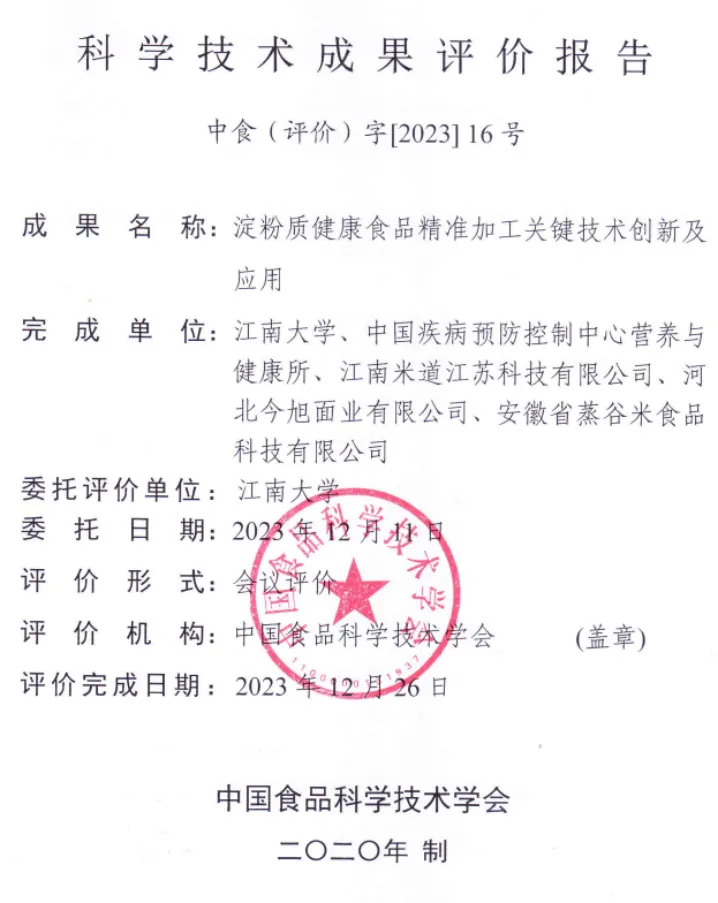Are Instant Ramen Noodles a Healthy Choice for Your Diet and Lifestyle?
Are Instant Ramen Noodles Healthy?
Instant ramen noodles are a staple food for many people worldwide due to their convenience, affordability, and ease of preparation. However, the question remains are instant ramen noodles healthy? To answer this question, we need to take a closer look at their nutritional profile, ingredients, and potential health impacts.
Nutritional Profile
Instant ramen noodles are typically made from wheat flour, water, and salt, and are often fried in oil to create their characteristic texture. A standard serving size (around 85 grams or one package) usually contains approximately
- Calories 380-500 - Fat 14-22 grams - Sodium 800-1,500 milligrams - Carbohydrates 54-75 grams - Protein 8-12 grams
While they do provide quick energy due to their high carbohydrate content, it’s crucial to note that instant ramen noodles are low in essential nutrients such as fiber, vitamins, and minerals. They are primarily a source of empty calories, which can contribute to an overall unhealthy diet if consumed in large quantities.
Sodium Content
One of the most significant health concerns with instant ramen noodles is their sodium content. Most instant ramen soups contain more than 800 milligrams of sodium per serving, and some brands can have upwards of 1,500 milligrams. The American Heart Association recommends that adults should consume no more than 2,300 milligrams of sodium per day, ideally limiting it to about 1,500 milligrams for optimal heart health. High sodium intake can lead to increased blood pressure, which raises the risk of heart disease and stroke.
Lack of Nutrients
Instant ramen is notoriously low in micronutrients. A typical serving lacks essential vitamins such as A, C, and D, as well as important minerals like calcium and iron. The lack of fiber also means that instant ramen noodles may not promote digestive health or provide the satiety needed to keep you feeling full, potentially leading to overeating.
Additives and Preservatives
are instant ramen noodles healthy

Many instant ramen noodles contain artificial flavors, preservatives, and other additives that may not be beneficial to health. Ingredients like monosodium glutamate (MSG) are often added to enhance flavor, which some individuals prefer to avoid due to potential sensitivities or concerns about long-term health effects. Additionally, the frying process used to create these noodles may contribute to unhealthy trans fats, which can adversely affect heart health.
Balancing Instant Ramen in Your Diet
Though instant ramen noodles aren't the healthiest food choice, they can be enjoyed in moderation as part of a balanced diet. Here are some ways to make instant ramen healthier
1. Add Vegetables Incorporate fresh or frozen vegetables like spinach, bell peppers, carrots, or mushrooms to boost the nutritional value of your meal.
2. Include Protein Enhance the protein content by adding eggs, tofu, or lean meats such as chicken or shrimp. This will make the meal more filling and nutritionally balanced.
3. Limit the Seasoning Packet The seasoning packet is usually where most of the sodium is concentrated. Consider using only half of the packet or substituting it with low-sodium broth or homemade seasonings.
4. Choose Whole-Grain or Healthier Options Some brands offer whole-grain or buckwheat noodles, which can provide more fiber and nutrients compared to traditional instant ramen.
5. Be Mindful of Frequency Limit how often you consume instant ramen noodles. They can be convenient for a quick meal or snack but should not replace healthier options in your diet regularly.
Conclusion
While instant ramen noodles are undeniably convenient and can be part of a quick meal, they are not a nutritionally balanced option on their own. With high levels of sodium, low nutritional value, and potential unhealthy additives, they should be consumed in moderation. By making a few simple adjustments, instant ramen can be transformed into a more balanced and healthy meal. A well-rounded diet filled with a variety of whole foods, including fruits, vegetables, whole grains, and lean proteins, is essential for maintaining good health.
-
Is Whole Wheat Pasta Healthy?NewsMay.30,2025
-
Are Soba Noodles Good for Weight Loss?NewsMay.30,2025
-
Are Buckwheat Soba Noodles Healthy?NewsMay.30,2025
-
Are Buckwheat Soba Noodles Gluten Free?NewsMay.30,2025
-
Are Buckwheat Noodles Good for You?NewsMay.30,2025
-
A Healthy Way to Savor Soba and Spicy FlavorsNewsMay.30,2025
-
What Are Lanzhou Noodles?NewsMay.30,2025
Browse qua the following product new the we

















































































































